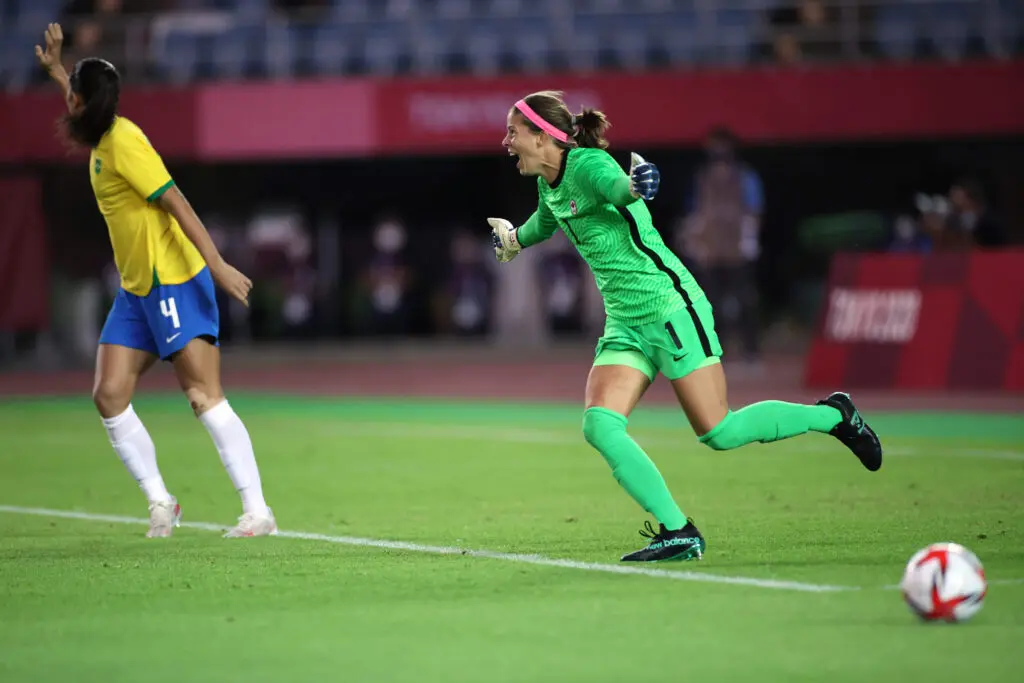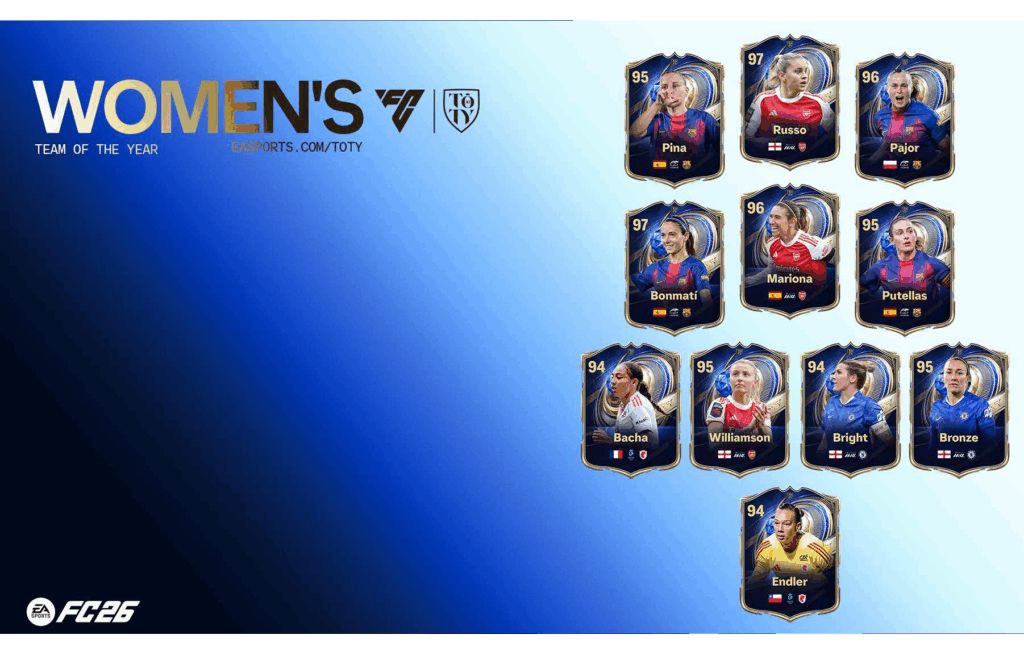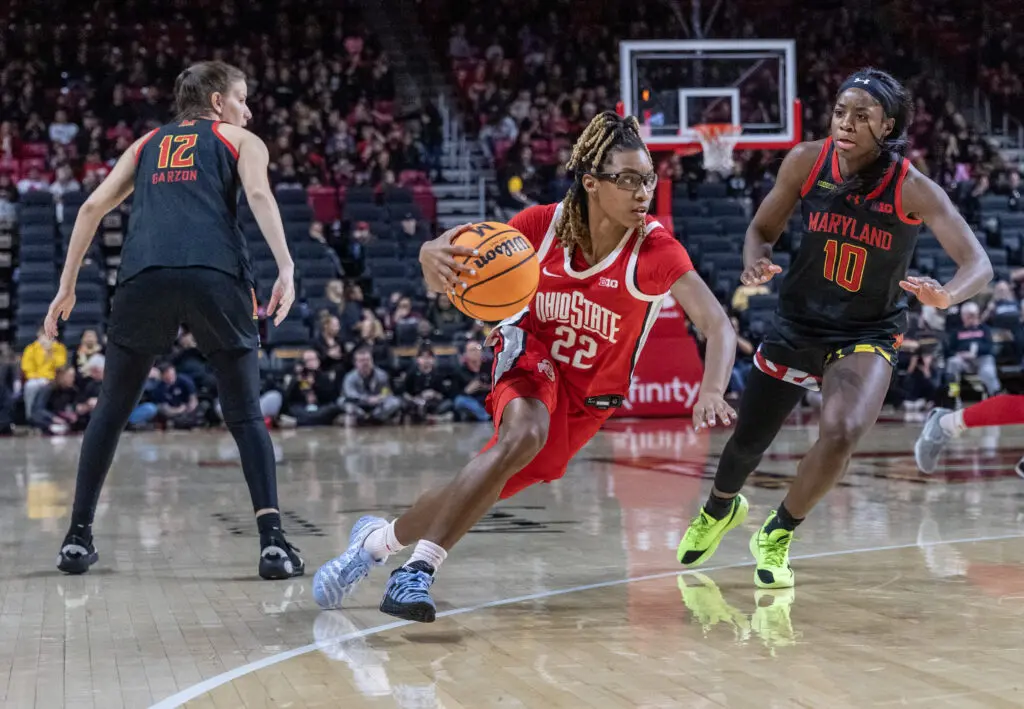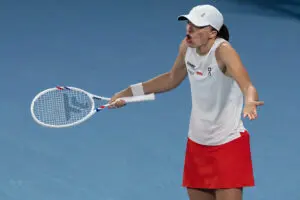The first thing Canadian goalkeeper Stephanie Labbé wants to do following her retirement from professional soccer is travel across the country that made her gold medal dream come true. And she’ll do it in the form of giving back.
Labbé, who played her final game with the Canadian national team on April 8 and was an integral part of the team’s run to Olympic gold in Tokyo last summer, announced Wednesday her plans to run an eight-week camp this summer in all the provinces.
“I remember being young and going to soccer camps and I remember how powerful they were,” Labbé said.
The camps allowed her to work on her game, but also to meet new friends and create memories, and she wants other kids to have that same experience. The difference for the next generation of Canadian women’s soccer players is that they have the country’s first gold medal as inspiration, and the players who were responsible for it as role models.
“What we were able to achieve last summer was so incredibly special that I want to be able to go around and share that gold medal with all these kids and inspire them because I know how powerful that can be,” Labbé said. “It’s one thing to watch us on an online stream, or on TV if they’re lucky, but it’s another thing to meet somebody in person.”
The camps are open to all genders, and both goalkeepers and players. Clubs can apply to host the events at dates that have been set for each province.
Excited to announce my Champion Tour will begin in late May and I’ll be travelling across the country visiting soccer clubs and putting on clinics filled with FUN, technical tips, a motivational talk, and your chance to take a penalty shot on me!🧤⚽️ 👇🏼https://t.co/5anvh8l0sn pic.twitter.com/5Ui0cnARQJ
— Stephanie Labbé (@stephlabbe1) April 27, 2022
While she runs the camps, Labbé will continue to attend meetings as part of a committee that’s working to bring a professional women’s soccer league to Canada.
“There’s no time better than now, and we’ve proven and proven on the world stage that this country is a soccer country,” she said. “We can’t forget what the women have done the past 12 years, and that this team deserves nothing but to have a professional league here.”
For Labbé, launching a domestic league takes precedent over expanding the NWSL into Canada. One or two NWSL clubs will benefit only a small percentage of the best players, she says, while a league could enable more developmental opportunities across Canada.
Until the league becomes a reality, Labbé will be on the ground this summer, doing the grassroots work for the future of women’s soccer in Canada.
Jessa Braun is a contributing writer at Just Women’s Sports covering the NWSL and USWNT. Follow her on Twitter @jessabraun.









